The Raspberry Pi Foundation recently announced has launched two Raspberry Pi devices (Astro Pi) into space. Each Astro Pi unit is described as consisting of a Raspberry Pi computer, a Raspberry Pi camera and a series of sensors, all housed in a special space-ready enclosure that ensures the hardware can be used on the International Space Station (ISS).
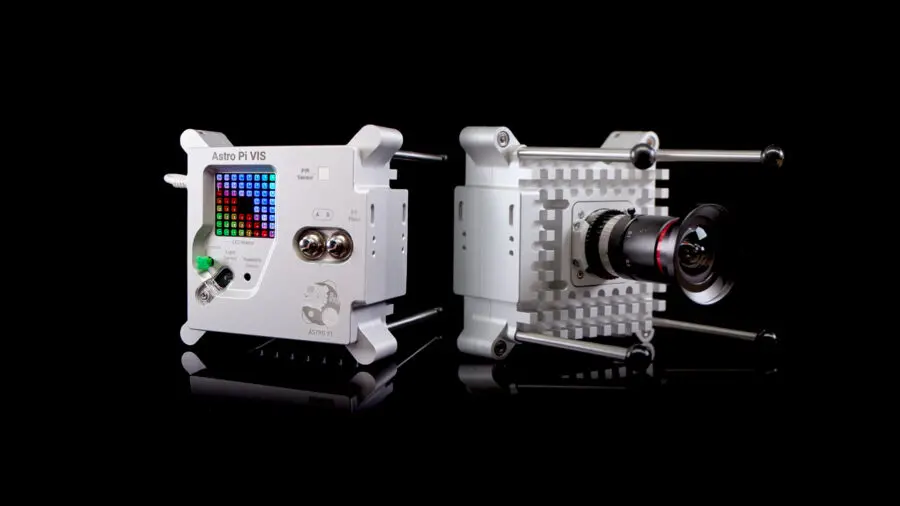
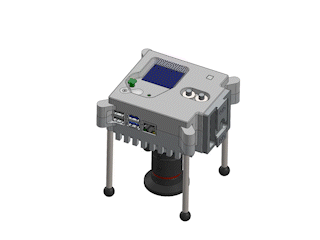
The goal of this work is to get new Astro Pi devices ready to be part of the European Astro Pi Challenge, the foundation said. .
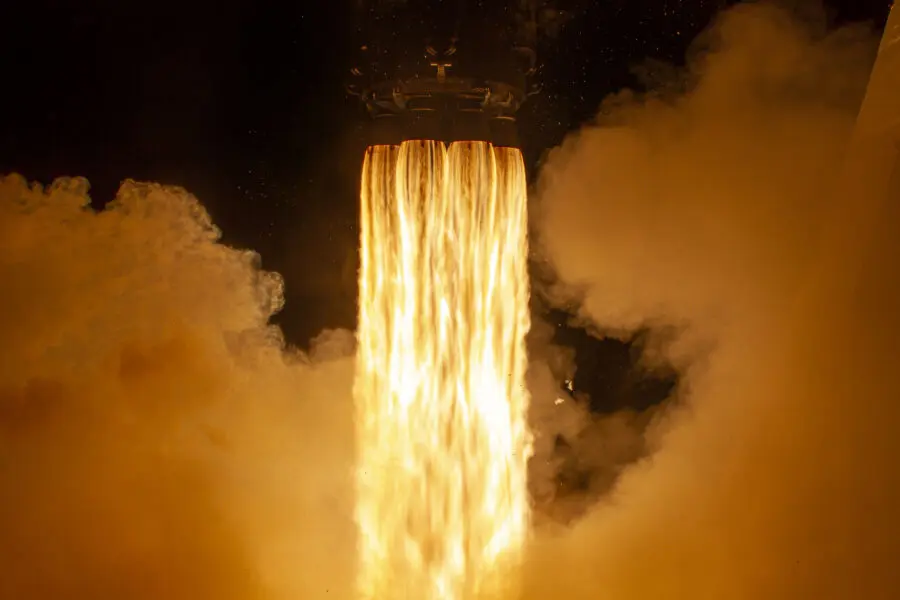
The SpaceX rocket is delivering a special Raspberry Pi computer to the International Space Station.
Loading Astro Pis onto rockets is a project that has been in the works for more than three years. That’s because in addition to building the Astro Pi devices, the team had to make sure they passed the necessary safety and certification process - formally known as the Safety Gate process. It was set up by ESA and NASA to ensure that any items that come onto the ISS are safe to operate on the station.
These tests include.
- Vibration testing: To ensure Astro Pi units could withstand the rigors of launch, its team tested them at Airbus in Portsmouth using sophisticated rigs. These rigs are capable of simulating the vibrations generated by a variety of different launch vehicles. And they needed to test all possible options, as the Astro Pi units have not yet been confirmed as vehicles that can travel to the International Space Station.
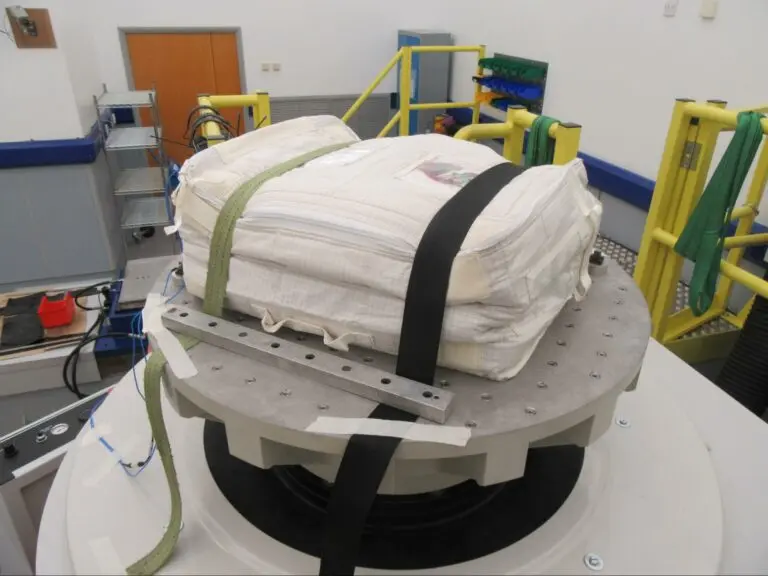
- Thermal testing: To ensure that the Astro Pi unit would not cause harm to the crew, the team needed to check that the contact temperature on the surface of the Astro Pi unit would never exceed 45°C.
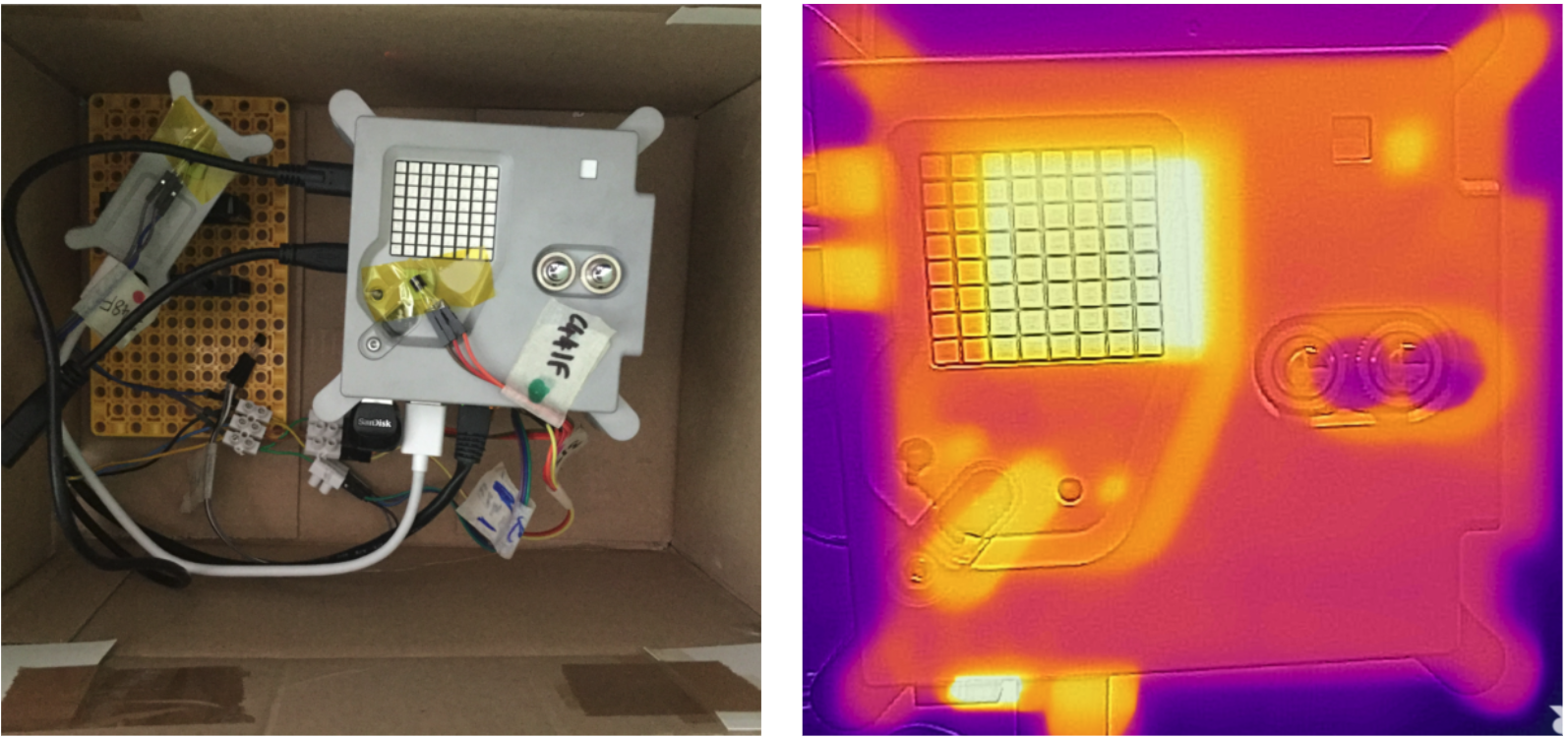
-
Sharp edge test: Each Astro Pi unit also needs to be manually inspected by someone wearing latex gloves to get a good feel for the sharp edges.
-
Rigorous military-grade electromagnetic radiation and susceptibility testing: These tests were performed to ensure that the Astro Pi unit would not interfere with any ISS systems and that the unit itself would be unaffected by other equipment on board the rocket.
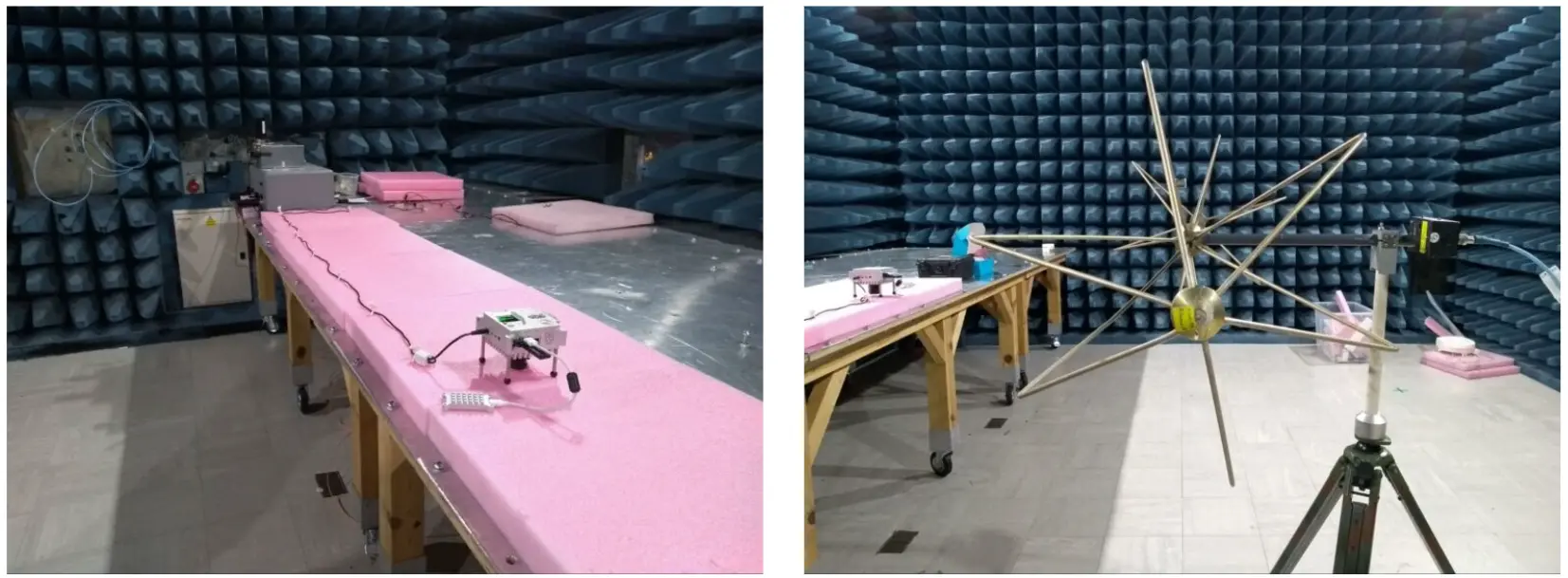
- The team also created two additional Astro Pi units and sent them to NASA so they could test that plugging them into the ISS power grid would not cause a power overload.
For almost all of these tests, the Raspberry Pi Foundation team in charge of the project said they created custom software to perform actions such as stressing the Astro Pi unit’s processor, saturating the network link and making the unit work as hard as possible.